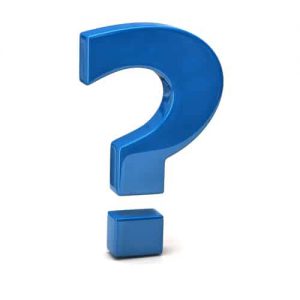 Do you often feel tired during the day or does your significant other complain about your chronic snoring? These two issues could be related and also an indicator of a sleep disorder. Obstructive sleep apnea (OSA) can lead to difficulty resting and a myriad of other health complications. To diagnose the disorder, we may perform a sleep assessment. When should you consider a sleep assessment?
Do you often feel tired during the day or does your significant other complain about your chronic snoring? These two issues could be related and also an indicator of a sleep disorder. Obstructive sleep apnea (OSA) can lead to difficulty resting and a myriad of other health complications. To diagnose the disorder, we may perform a sleep assessment. When should you consider a sleep assessment?
What is Sleep Apnea?
Sleep apnea is a disorder that occurs when a patient stops breathing during the night. Cessation of breathing happens because soft tissues in the throat and mouth become overly relaxed, collapsing and blocking airflow. Patients stop breathing until the brain is notified of a lack of oxygen and wakes them. Patients have no memory of these episodes but feel exhausted during the day. Over time, complications related to OSA can include a greater risk of depression, high blood pressure, stroke, and heart attack.
Common Warning Signs
How do you know if you need treatment when these episodes only occur during sleep? First, patients often feel exhausted during the day and may become moody or have trouble concentrating. Patients also snore and may wake up occasionally gasping for air or possibly choking. Don’t ignore these potential warning signs, instead see your dentist for a thorough diagnosis and to discuss treatment options.
Sleep Assessments and Treatment Options
A sleep assessment can actually be taken from home. Visit our website and click on the sleep assessment tab. There will be a ten sentences. If three or more are relevant to you, then you should consider seeing the doctor for a diagnosis. If you do suffer from sleep apnea we may suggest a CPAP machine, which forces air through the nose and mouth via a mask connected to a machine. We may also suggest an oral appliance, which is worn at night and repositions the jaw to prevent soft tissue collapse.






